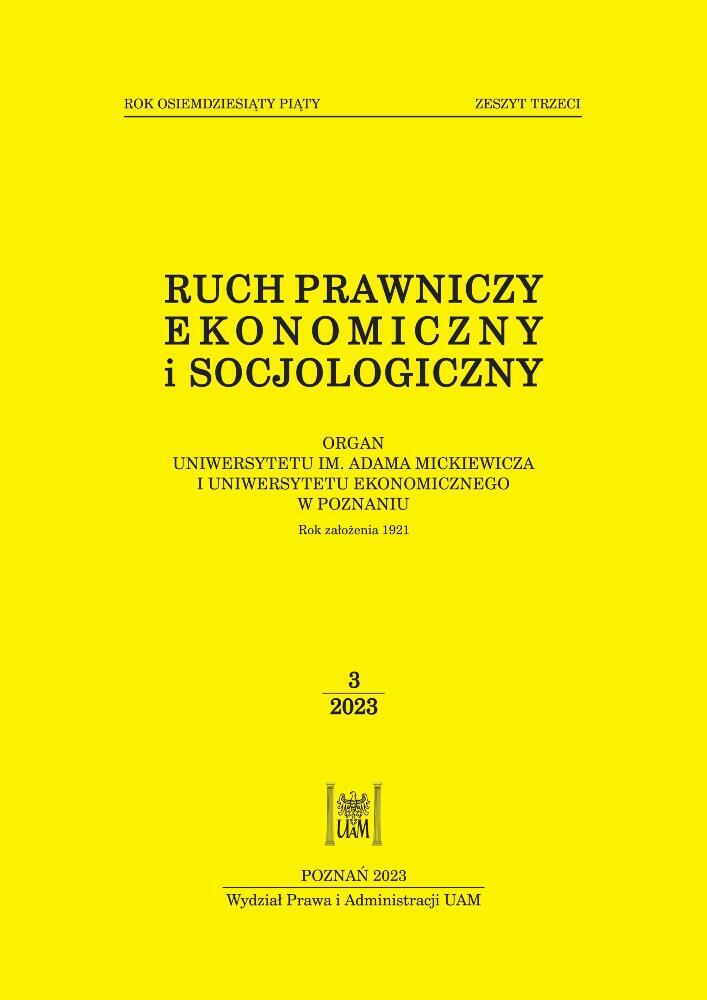ASSESSMENTS OF THE POLISH CONSTITUTIONAL TRIBUNAL PERFORMANCE:
EFFECTS OF THE SURVEY ADMINISTRATION METHOD
ASSESSMENTS OF THE POLISH CONSTITUTIONAL TRIBUNAL PERFORMANCE:
EFFECTS OF THE SURVEY ADMINISTRATION METHOD
Author(s): Kamil Joński, Wojciech RogowskiSubject(s): Constitutional Law, Sociology of Law
Published by: Uniwersytet Adama Mickiewicza
Keywords: Polish constitutional crisis; court legitimacy; court assessment;
Summary/Abstract: ‘Legitimacy’, ‘reputation’ or ‘institutional trust’ inspired by judicial institutions constitutes an important aspect of the rule of law. Consequently, scholars developed survey-based methods to quantify ‘legitimacy’ as understood in the Weberian sense. Thereby, the survey response quality can meaningfully impact the obtained results. Moreover, one can expect, that sharpening politi- cal polarization observed in various countries could amplify such measurement problems. The goal of this paper is to examine the assessments of the Polish Constitutional Tribunal (CT) using two distinct surveys carried out in March 2022 by CBOS (Public Opinion Research Center). Both asked about the overall assessment of the CT performance, as well as electoral preferences (voting intent and preferred political party), frequency of religious practices, self-assessment of economic conditions and included a battery of standard demographic controls. Both overall assessment lev- els as well as individual-level determinants of the CT assessment (using probit models) had been compared. The findings document that, regardless of the survey data collection mode, controlled for demographic factors, the assessment of CT depends upon variables representing political po- larization. This finding can be interpreted as an indication of its political de-legitimization. More- over, five years after the constitutional crisis, and nearly one and a half years since the abortion verdict, over 40 per cent of respondents of the Allerhand Institute Survey admitted they ‘don’t know precisely’ the task of the CT or even ‘haven’t heard’ about it, indicating a substantial lack of knowledge. The second group of findings documents differences between CAPI and CAWI polls. According to the authors’ knowledge, it is the first attempt to examine respondent-level deter- minants of CT assessment, and test their sensitivity to the survey data collection mode, thereby contributing to our understanding of the Polish CT legitimacy five years after the constitutional crisis, and methodological aspects of such measurements in general.
Journal: Ruch Prawniczy, Ekonomiczny i Socjologiczny
- Issue Year: 85/2023
- Issue No: 3
- Page Range: 259-278
- Page Count: 20
- Language: English

